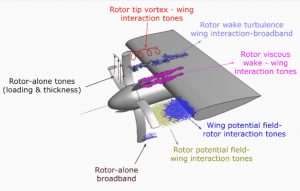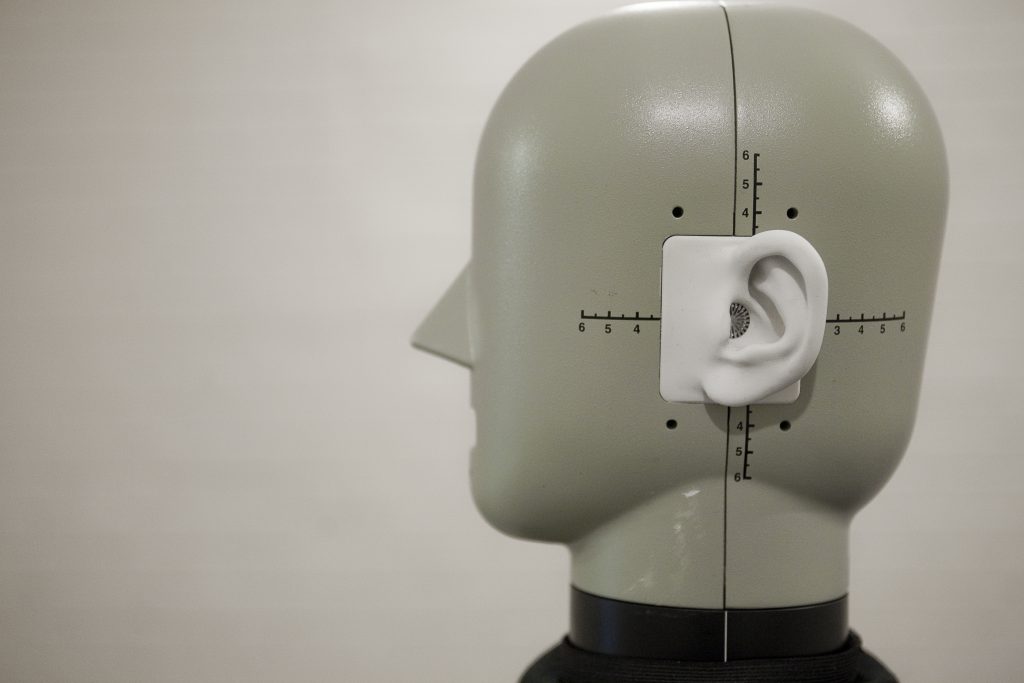Speaker: Deepak Akiwate, University of Salford, UK
Wed 11th December 12:00 – 13:00 UK time. This seminar will be held in person in Gilbert 1 and you can join us online via Microsoft Teams.

Abstract
Electric and distributed propulsion generate interest in replacing turbofans with propellers in regional aircraft, Urban Air Mobility, and drones. While open rotor technology enhances efficiency, urban flights raise noise concerns, prompting likely stringent regulations. This presentation focuses on a predominantly numerical and theoretical investigation into tonal and broadband noise balance caused by an isolated propeller in uniform motion. A detailed comparison between tonal and broadband formulations reveals their similarities and differences, emphasizing that variations in behaviour and character result from the number of acoustic modes excited. Moving beyond the isolated propeller, the presentation investigates the noise balance from various sources associated with the installed propeller upstream of the wing during take-off conditions. Results are discussed in terms of individual interaction noise source mechanisms, their dominance at different blade numbers, tip Mach, and separation distances. The methodology and findings provide valuable insights into dominant noise generation mechanisms, serving as guidelines for preliminary propeller design.
Biography
Dr Deepak Akiwate is an expert in installed propeller noise prediction currently working as a University Fellow at the University of Salford. Previously, he worked at the Rolls-Royce University Technology Centre, University of Southampton, where he focused on predicting the noise of new propeller-driven aircraft architectures funded by Rolls-Royce. Dr Akiwate received his doctorate in Mechanical Engineering and Aerospace Engineering from the Indian Institute of Technology (IIT) Hyderabad in 2019, focussing on low-frequency noise control. He was the recipient of the prestigious Prime Minister’s Fellowship, allowing him to conduct joint research with industry partners in 2016. In addition to his work with Rolls-Royce, he has collaborated with several industry partners, including Boeing Research & Technology and Eaton Technologies. Currently, he is working on propeller noise modelling and its control.
